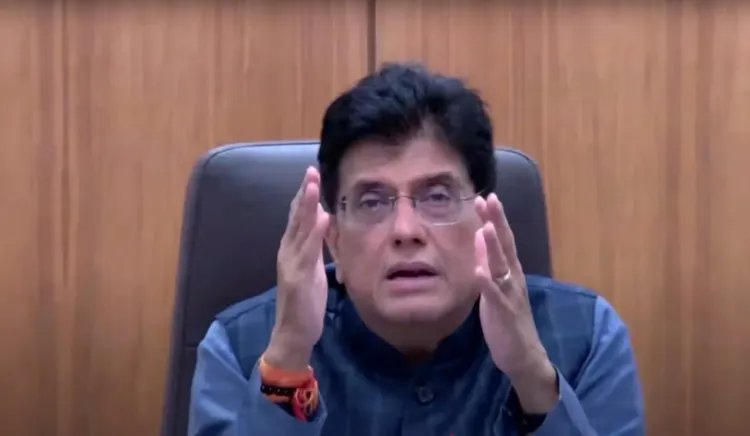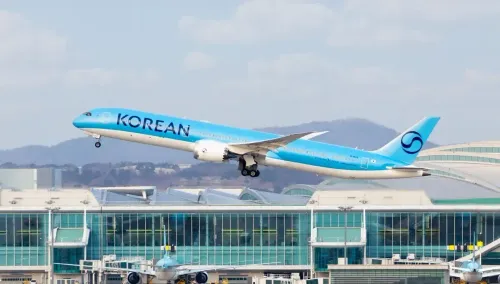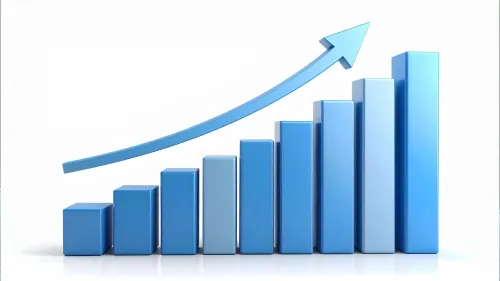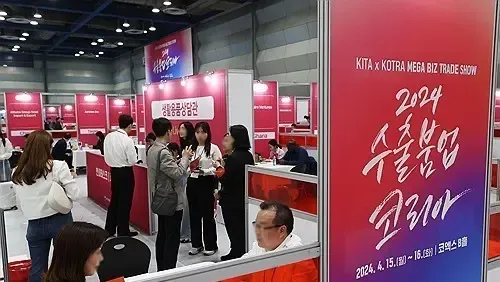Is the Govt Reforming to Improve Ease of Doing Business?

Synopsis
Key Takeaways
- Government reforms focus on enhancing ease of doing business.
- Tax rates for corporate and personal sectors have been significantly reduced.
- Upcoming GST 2.0 reforms aim to simplify compliance.
- India’s economy shows strong growth potential with high GDP growth.
- Aatmanirbhar Bharat promotes local sourcing and manufacturing.
New Delhi, Sep 2 (NationPress) Commerce and Industry Minister Piyush Goyal stated on Tuesday that the government remains committed to enhancing the ease of doing business and ease of living by implementing deregulation, minimizing procedures, streamlining policies, and decriminalizing laws. He encouraged industry leaders to provide suggestions aimed at improving the investment environment, reducing duplication, leveraging technology, and reinforcing ethics and fairness in the marketplace.
While speaking at the annual Global Investor Conference 2025, the minister announced that the upcoming GST 2.0 reforms, anticipated in the forthcoming GST Council meetings, will enhance consumer sentiment, stimulate demand, and ease compliance. He also pointed out the government's substantial reduction in both corporate and personal tax rates, combined with the RBI's cuts in policy rates and CRR, all while keeping inflation at a low 1.5 percent.
Goyal emphasized India's commitment to Aatmanirbhar Bharat—not by isolating from international trade but by developing robust supply chains to lessen dependency on specific regions. He referenced the government’s initiative to boost manufacturing in crucial sectors such as drones, semiconductors, and CRGO steel, highlighting the increasing commitment from Indian industries and consumers to source locally.
He noted a remarkable 7.8 percent GDP growth in the first quarter of the financial year 2025, marking the fastest growth in five years for a quarter. Additionally, he pointed out that private capital expenditure has surged by 66 percent, foreign direct investment has risen by 14 percent, and millions of new demat accounts are being created monthly. These strong macroeconomic fundamentals, along with the lowest CPI inflation in many years and substantial domestic capital inflows, signify renewed confidence in India’s growth narrative.
Goyal remarked that India’s banking sector has reached its peak performance in years, instilling confidence and security for both depositors and borrowers. He noted that India’s sovereign rating has been upgraded from BBB- to BBB with a stable outlook, supported by robust growth and strong external financial health.
Regarding trade, the Minister recalled the FTAs already established with Mauritius, the UAE, and Australia, while noting ongoing discussions with the EFTA bloc, the European Union, and the United Kingdom. He expressed optimism about finalizing a bilateral trade agreement with the US by November, as previously discussed between the two leaders.
The minister emphasized that India’s manufacturing PMI is at a 17.5-year peak, urging greater investment in Make in India. He reiterated the importance of infrastructure as a catalyst for consumption and economic growth.
Recalling how India emerged stronger from past crises in 1991, 2008, and during the pandemic, Goyal stated that the country is once again ready to transform challenges into opportunities. He underscored the shared responsibility of both government and industry in achieving the vision of Viksit Bharat 2047.
"We are not here for incremental change; we are here for quantum leaps. Let us dream big, aspire big, and achieve big. This is the India of my dreams, the India of 140 crore Indians, a nation that matters in the world and illuminates the path for others," he concluded.









